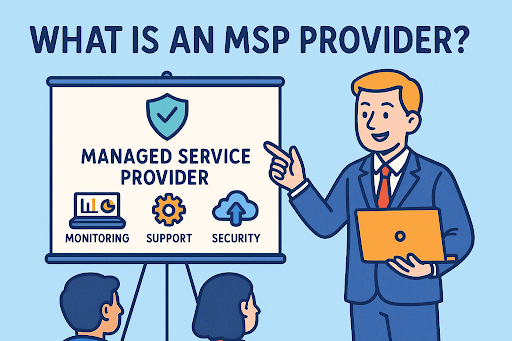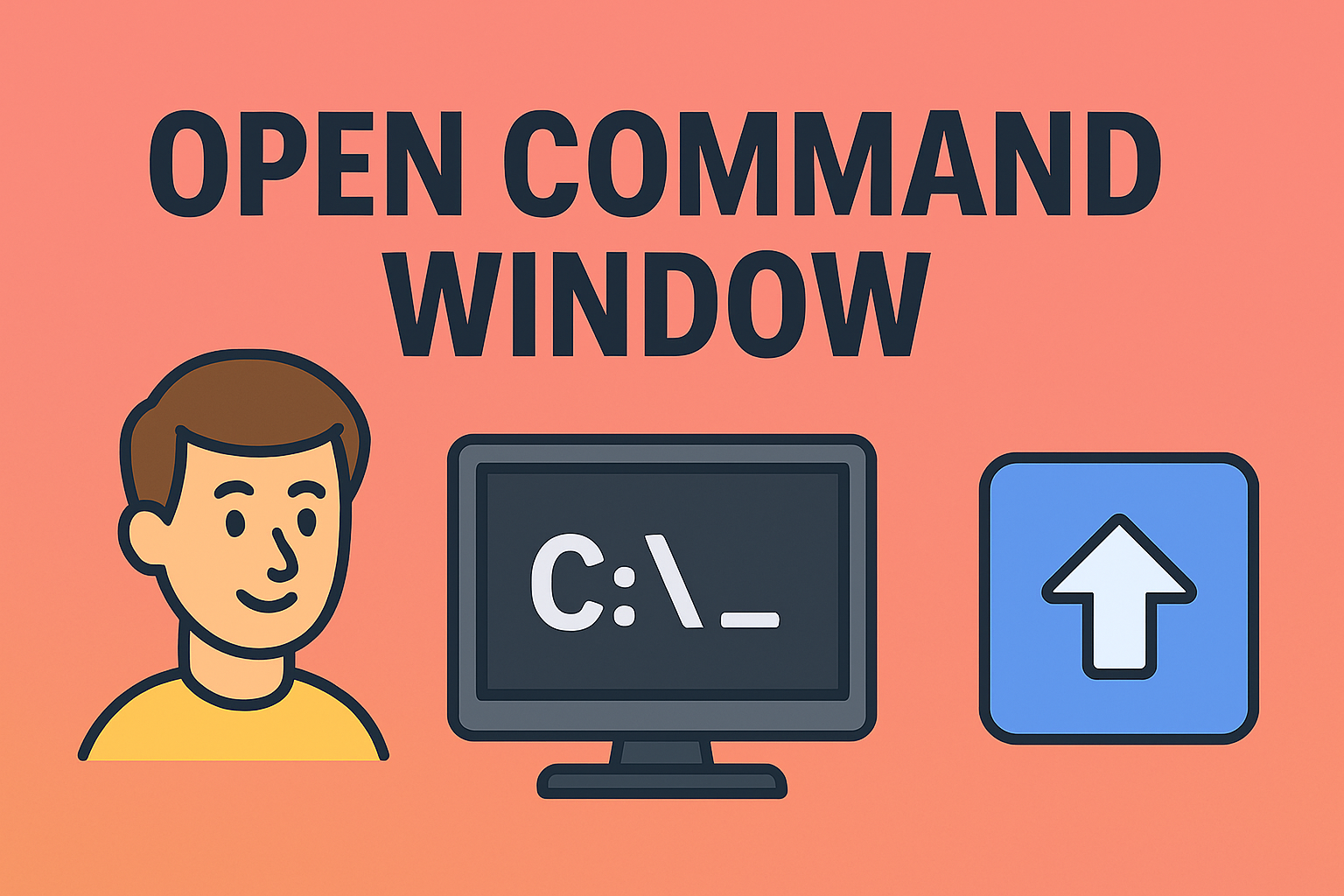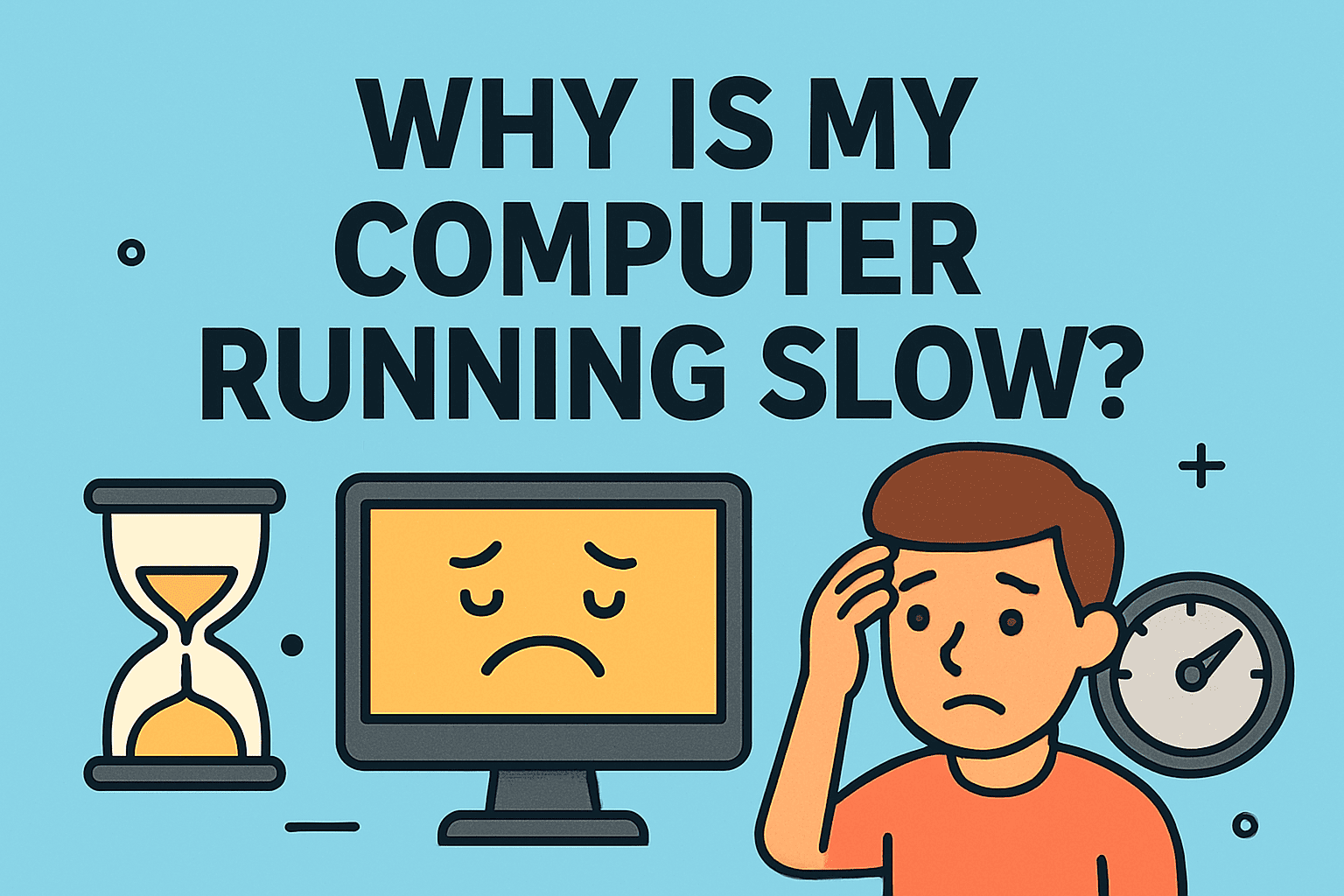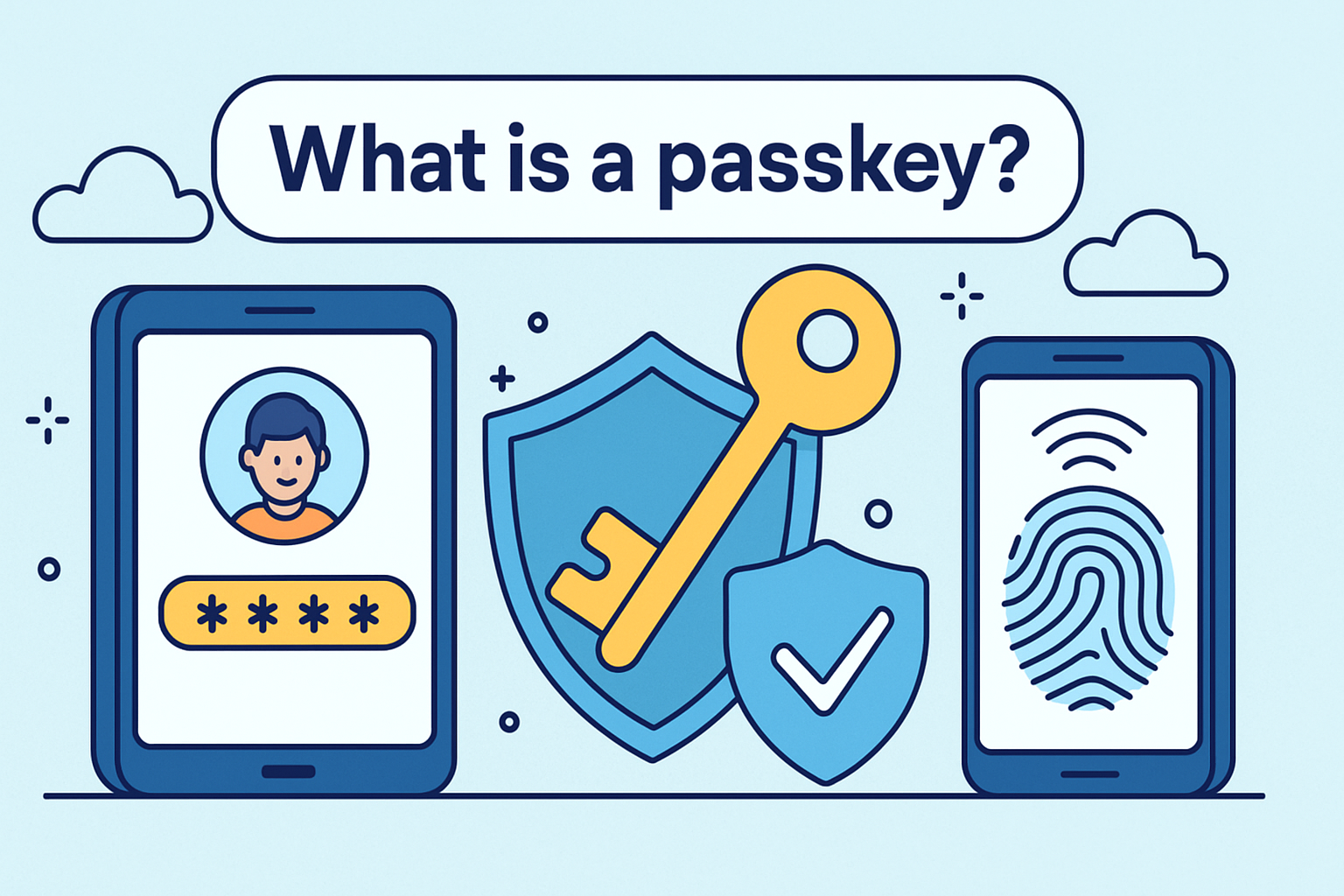Are You Prepared for the Next IT Crisis?
Updated on June 4, 2025, by ITarian

In a digital world where downtime can cost thousands and cyber threats evolve daily, businesses must ask—who’s really managing your IT infrastructure? If your answer isn’t a Managed Service Provider (MSP), you could be falling behind.
So, what is an MSP provider? Whether you’re an IT manager, CEO, or cybersecurity leader, understanding how MSPs work is no longer optional—it’s a strategic advantage. Let’s explore the role, value, and future of MSPs in today’s competitive, security-focused environment.
What is an MSP Provider?
A Managed Service Provider (MSP) is a third-party company that remotely manages a business’s IT infrastructure and end-user systems. This includes services like:
- Network monitoring and maintenance
- Data backup and disaster recovery
- Cybersecurity threat detection
- Cloud service management
- Helpdesk and user support
Essentially, an MSP acts as your outsourced IT department, providing consistent, proactive service and support to keep systems secure and operational.
MSP Meaning in IT: Why It Matters
In IT, MSP meaning goes beyond just outsourcing tech support. An MSP serves as a strategic partner that aligns technology with your business goals. Key elements of the MSP meaning in IT include:
- 24/7 Monitoring: Constant oversight to identify and resolve issues before they escalate.
- Service-Level Agreements (SLAs): Guarantees on response times, uptime, and performance metrics.
- Predictable Costs: Monthly or annual pricing models offer financial stability.
- Compliance Support: Helps maintain regulatory requirements like GDPR, HIPAA, or SOC 2.
For cybersecurity professionals, an MSP also delivers real-time threat detection, incident response planning, and data encryption protocols to prevent breaches.
How MSPs Work: Behind the Curtain
To understand how MSPs work, let’s break it down:
1. Assessment & Onboarding
An MSP starts with a comprehensive audit of your existing systems, policies, and pain points.
2. Strategic Planning
They design a customized IT roadmap tailored to your goals—whether it’s scaling infrastructure or hardening security.
3. Implementation & Integration
Next, the MSP deploys tools, installs monitoring agents, and sets up backups, firewalls, and cybersecurity layers.
4. Ongoing Management
This includes patch updates, security monitoring, cloud optimization, and real-time support via helpdesks or remote sessions.
5. Reporting & Optimization
You receive regular reports on uptime, vulnerabilities, and recommendations to improve efficiency.
In short: MSPs handle everything, so your internal teams can focus on innovation—not incident response.
IT Support vs MSP: What’s the Difference?
Here’s a common question: “Isn’t an MSP just glorified IT support?” Not quite.
| Feature | Traditional IT Support | Managed Service Provider |
| Reactive or Proactive | Reactive (fixes after failures) | Proactive (prevents issues) |
| Support Hours | Limited hours | 24/7 monitoring |
| Cost | Hourly/As-needed | Fixed monthly fee |
| Scope | Limited to break/fix | Comprehensive IT management |
| Security | Minimal or manual | Continuous threat monitoring |
In essence, MSPs offer strategic value rather than transactional support.
Why Businesses Choose MSPs: The Benefits
For IT managers, CEOs, and cybersecurity leaders, MSPs deliver:
✅ Reduced Downtime
With 24/7 monitoring and quick resolution, issues are resolved before they impact operations.
✅ Enhanced Cybersecurity
MSPs implement multi-layered protection, including firewalls, EDR, SIEM, and compliance monitoring.
✅ Cost Savings
Instead of hiring a full internal IT team, you get enterprise-level service for a fraction of the cost.
✅ Scalability
As your business grows, an MSP scales your infrastructure without major overhauls.
✅ Access to Experts
You gain access to specialists in networking, security, cloud, and compliance—without the HR overhead.
Key MSP Services to Look For
When evaluating a provider, ensure they offer:
- Cybersecurity services
- Data backup and disaster recovery
- Cloud migration and management
- 24/7 helpdesk support
- Network performance monitoring
- Patch management
- Compliance consulting
The more comprehensive their offering, the more value they bring to your business.
Who Needs an MSP Provider?
MSPs are invaluable across sectors:
- Healthcare – Ensure HIPAA compliance, secure patient data, and provide EMR support.
- Finance – Meet audit requirements, secure transactions, and detect fraud in real-time.
- Retail – Manage POS systems, monitor eCommerce platforms, and ensure uptime during peak sales.
- Manufacturing – Secure industrial control systems (ICS) and minimize production halts.
If your organization relies on data, uptime, and compliance—you need an MSP.
Real-World Example: MSPs in Cybersecurity
Imagine a mid-size firm facing ransomware attacks. Without an MSP, they scramble to recover. With one:
- Backups are already in place.
- Threats are detected early.
- Recovery time is minimized.
- Business operations continue with minimal disruption.
MSPs don’t just fix problems—they prevent disasters.
Final Thoughts: Choosing the Right MSP
When selecting an MSP provider, ask:
- Do they offer 24/7 monitoring?
- What cybersecurity frameworks do they follow (NIST, ISO, etc.)?
- Can they scale with your business?
- Are they experienced in your industry?
- What’s included in their SLAs?
An MSP should be more than a vendor—they should be a trusted advisor.
Call to Action
Ready to boost your IT resilience and cut costs? Partner with a trusted MSP that delivers industry-leading support, cybersecurity, and scalability.
👉 Start your free trial with Itarian today
Frequently Asked Questions (FAQ)
1. What is an MSP provider in simple terms?
An MSP provider is a company that remotely manages and maintains your IT systems, offering support, security, and scalability for a fixed fee.
2. How do MSPs work?
MSPs use tools and processes to monitor your IT infrastructure, fix issues proactively, and ensure data protection, often operating 24/7.
3. MSP vs IT support – what’s the difference?
IT support is reactive and fixes problems as they occur, while MSPs are proactive, preventing issues and offering strategic IT planning.
4. Is an MSP suitable for small businesses?
Yes, MSPs are ideal for small to mid-sized businesses looking to access expert IT services without the cost of hiring a full internal team.
5. Can an MSP improve cybersecurity?
Absolutely. MSPs use layered security, real-time monitoring, and compliance strategies to significantly enhance your organization’s cybersecurity posture.














